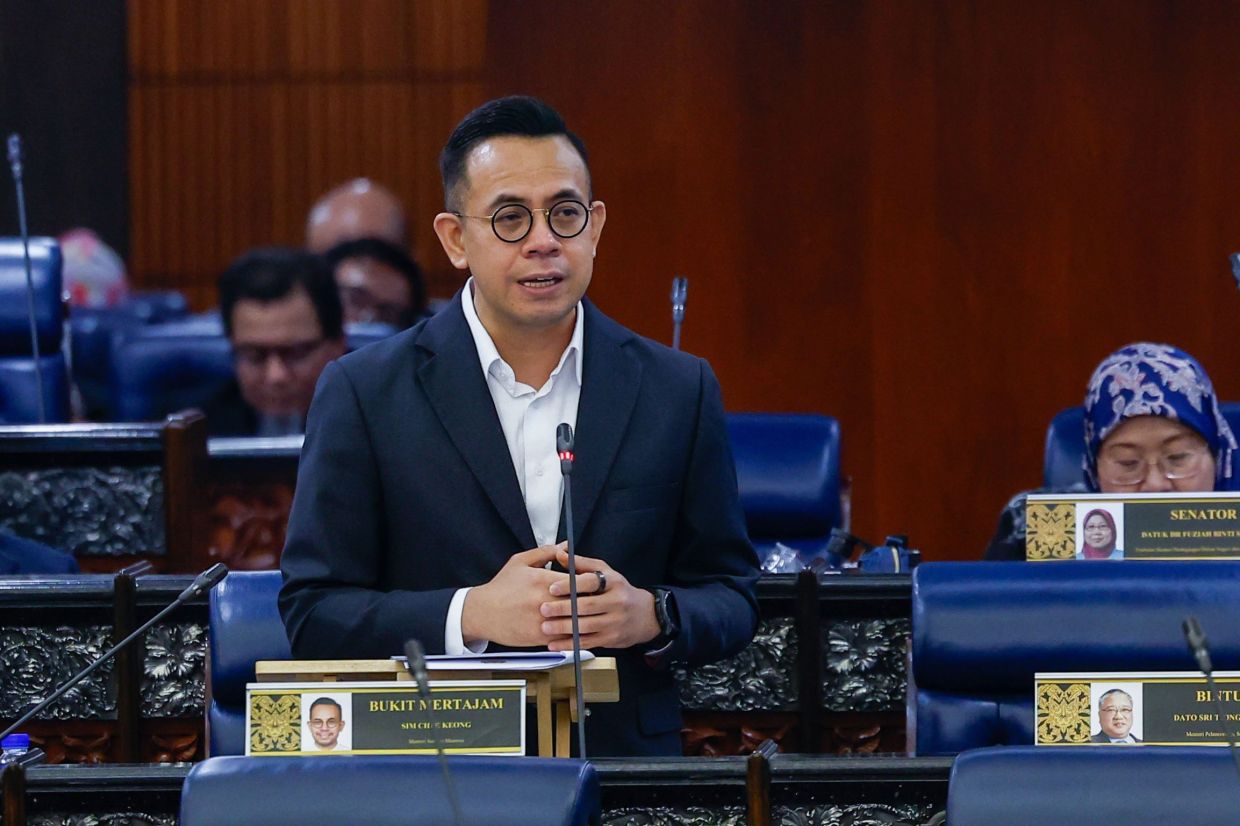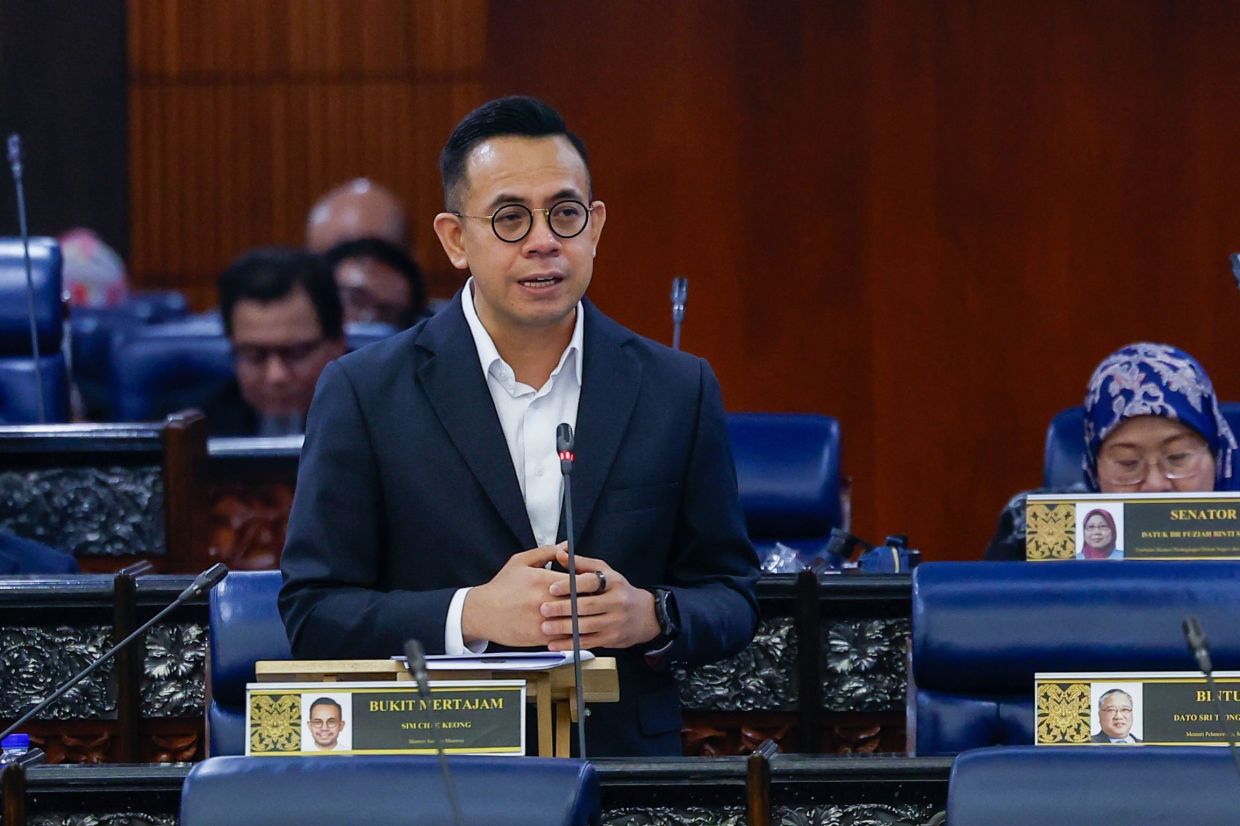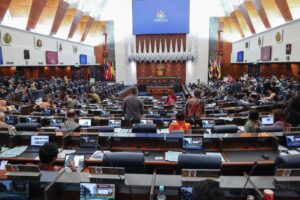
KUALA LUMPUR: Human Resources Minister Steven Sim wants PERKESO to look into the feasibility of extending the Employment Insurance System (EIS) for gig workers.
“At present, the EIS has not yet been extended to gig workers. However, I have instructed PERKESO to study the feasibility of implementing this or a similar scheme for gig workers,” he said during his winding-up debates on the Supply Bill 2026 in the Dewan Rakyat on Tuesday (Nov 4).
Sim said between January and October this year, a total of 846,907 individuals have contributed under PERKESO’s Self-Employment Social Security Scheme (Lindung Kendiri), of which 290,122 are e-hailing and p-hailing workers.
The EIS, established in January 2018, provides income replacement for Insured Persons who have lost their jobs. It currently covers conventional workers.
Meanwhile, Sim said paternity and maternity leave will be among the areas that his ministry will be looking at when it embarks on the reforms of labour laws.
“On the 14 days of paid paternity leave proposal, the ministry recently amended the Sarawak and Sabah Labour Ordinances to standardise seven days of paid paternity leave across Sabah, Sarawak, and Peninsular Malaysia.
“At the same time, the ministry is undertaking a comprehensive labour law reform, involving 28 existing labour-related laws in the country.
“Within this reform framework, maternity and paternity leave are among the key areas being considered for improvements,” he said.
He said several tax incentives have been introduced to encourage women to return to the workforce, including tax deductions for employers who hire women returning to work, and income tax exemptions for the women themselves.
“It is well understood that, in our society, caregiving responsibilities often fall on women’s shoulders. I strongly advocate for shared responsibility between men and women in this area.
“To ensure that caregiving duties do not adversely affect the employment of either women or men, the government also offers additional tax deductions to employers who provide up to 12 months of paid family care leave,” he said
He said this is intended to facilitate women’s participation in the workforce and help achieve the 60% female labour force participation rate target.
As for the Flexible Work Arrangement (FWA), he said the flexible or adaptable work arrangements are not limited to exceptional situations but may be applied in all circumstances.
Sim added that private-sector employees may request their employers to implement FWAs, which may include changes in working hours, working days, or work location.
“To encourage the adoption of FWAs, the government provides a 50% tax incentive to employers who invest in software and supporting infrastructure for such arrangements,” he said.






